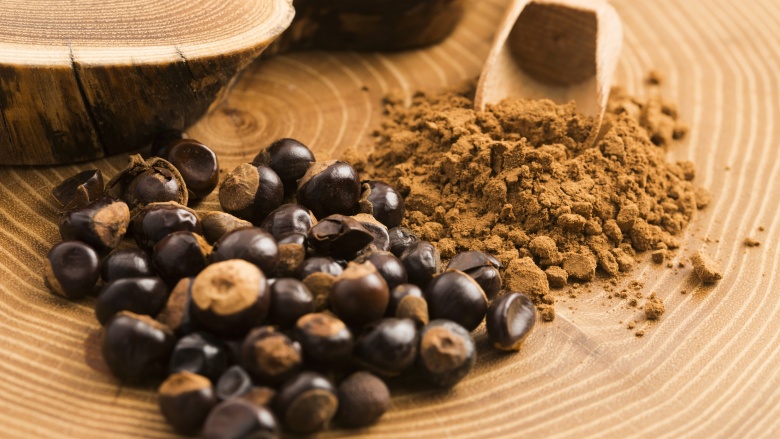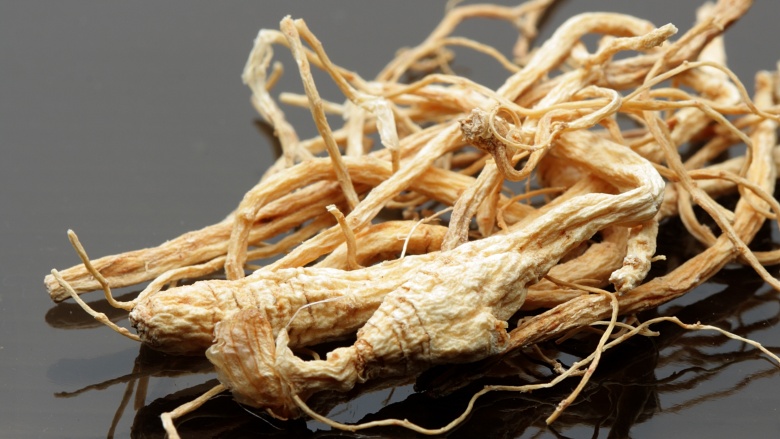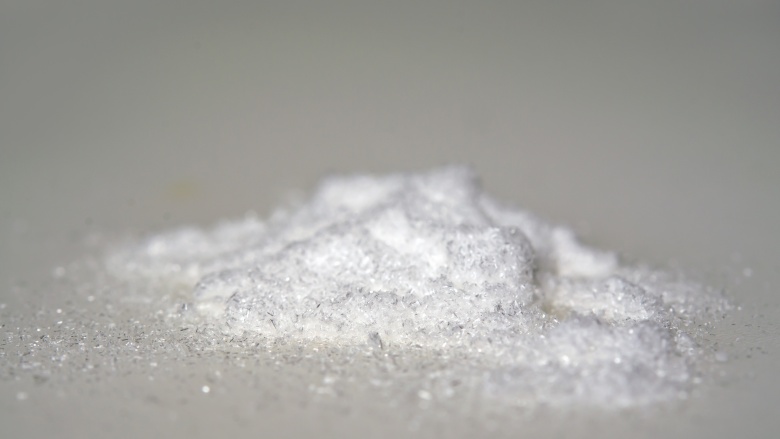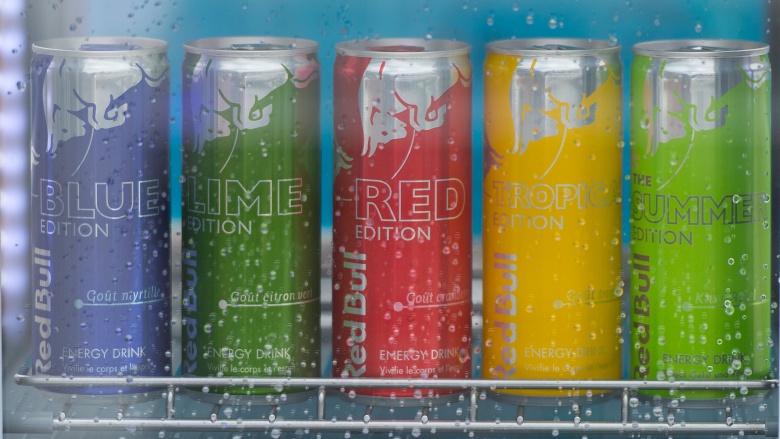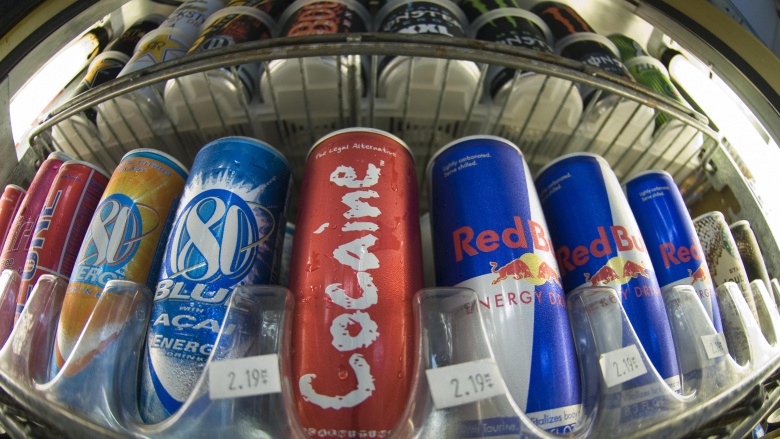What You Should Know About Energy Drink Supplements
Keeping up with our increasingly difficult and demanding world is no easy task, and countless people have started turning to energy drinks for a much-needed pick-me-up. Coffee has caffeine, sure, and we've been drinking that for years. But who can resist the array of flavors and options when it comes to the energy drink? Those don't just have caffeine, either, they have all sorts of energy-boosting and brain-enhancing ingredients.
What are those ingredients, anyway?
Caffeine
Caffeine is the big one, and of course it's not just in energy drinks. It's the stuff that's kept us drinking coffee since those early days in 15th century Yemen, and drinking tea since 10th century China. We all know it works, but we might not know just how it can work its magic.
The chemical that makes us feel drowsy is called adenosine, and we feel the effects when it attaches itself to certain receptors in the brain. It's thought to decrease blood flow, and that's when you start feeling like you need an afternoon nap. Structurally, caffeine is so similar to adenosine it interrupts the process and attaches to the receptors in place of it, blocking the effects and keeping you awake. You start to feel it between 15 and 45 minutes after you drink it, and it stays in your system for hours.
And it's absolutely addictive. About 24 hours after your body gets rid of the last bit of caffeine, the withdrawal starts, and it brings along things like headaches, exhaustion, and even muscle aches. It might not seem like a big deal, but it's actually listed in the Diagnostic and Statistical Manual of Mental Disorders as of the 5th edition of the book, and that makes it a recognized mental illness.
I know what you're thinking. If this has an effect that causes mental disorders, how the heck is it legal? Caffeine itself isn't actually a stimulant. Since it's only blocking certain receptors in the brain, it's allowing the body's own naturally produced stimulants (like dopamine) to do their thing. It can even change the brain's chemistry with repeated use. Drink enough of it over a long enough period of time, and the brain will create more and more adenosine receptors to try to counteract the caffeine. It's a temporary thing, and that headache and fatigue that goes along with caffeine withdrawal is your brain setting things back to normal. That all makes it, technically, a stimulant-enabler, not a stimulant in its own right. It's a weird technicality, and one that's been pretty obscured by caffeine's love-or-hate image.
Guarana
Guarana is a big one, too, and it's found in most of the big-name energy drinks like Monster and Rockstar. Those might be relatively new on the drink scene, but guarana's properties were recorded as far back as the 17th century. Jesuit missionaries working in the guarana's native Amazonian jungle noted people valued the berries for their energy-giving properties, and it's been used in South American soft drinks since the early 20th century. For centuries, those fruits have been roasted, dried, then the seeds ground into a powder that was added to more traditional drinks, like tea. Those seeds have been key to the plant's survival, too, as they act as a natural sort of insecticide while remaining a tasty part of the diets of local birds.
And it's no wonder they're so popular. The seeds in guarana fruit are high in caffeine, and contain about twice the caffeine content of a coffee bean — while some reports suggest they can have as much as four times the caffeine. It's also got something in common with wine, and that's tannins. According to some (although the science is somewhat unsubstantiated), the presence of tannins allow for the slower release of caffeine, and that means the energy boost you're getting will last longer than you might expect.
Traditionally, guarana has been valued for its medicinal purposes and touted as everything from a cure to digestive issues to an aphrodisiac. You might have heard more modern claims being made about it, including the idea that it has a direct impact on alertness and brain function. It's also added to weight loss and diet pills, but none of these claims of being a miracle weight loss ingredient have been substantiated in the least. Alertness and brain function might be another thing, but in these studies guarana acts in a similar way to other types of caffeine. There's also concern that combining guarana with other caffeine sources might elevate a person's blood pressure, but guarana itself is recognized as a safe additive.
L-carnitine
Found in most energy drinks, L-carnitine is mostly associated with management of metabolism. It's one of the go-to nutrients for anyone who's hardcore into strenuous exercise, fitness and bodybuilding, and it's been suggested to increase the body's oxygen consumption and decrease the damage done to cells. Since the kidneys and liver both produce L-carnitine, it's not necessary for most people to supplement their diet, especially since there's a limited amount the body can absorb at use at any given time, anyway.
Like some of the other ingredients in energy drinks, L-carnitine isn't without its controversies. Claims that it might help slow the progression of HIV have been met with mixed study results, the same as claims that it might impact male fertility levels. There are also some potential risks when it comes to getting too much L-carnitine, like episodes of abdominal cramps, vomiting and diarrhea. Some people have even been known to develop a body odor described as distinctly fishy from too much of the stuff. If other dangers don't dissuade you from downing five energy drinks in a day, that one should.
Panax ginseng
Guarana's roots as a supplement go back hundreds of years, and ginseng's roots reach even farther back. As a key component of traditional Asian medicine, panax ginseng has been said to impact everything from brain function to sexual desire. In some cases, the line between myth and science is a little blurry, but there are a number of benefits to ginseng that have been scientifically proven.
In modern medicine, studies have shown ginseng lowers your risk of getting sick during cold and flu season, helps decrease bad cholesterol and raise the good, protects against heart disease, boosts the immune system, and improves mental function and alertness. Other scientific studies have shown possible benefits when it comes to lowering blood sugar and managing diabetes, although there's a huge amount of conflicting information on just what ginseng does to blood sugar. There's also conflicting information on what it does to blood pressure — some insist it can lower blood pressure, others suggest it can raise it. Science is still out on whether or not it has any impact on the growth of certain cancers and relief of the symptoms of menopause, with evidence seeming to go both ways.
We do know consuming high doses of ginseng can lead to problems like insomnia and nervousness. There's a whole host of side effects that can develop in some people, like vomiting, headaches and even nosebleeds. Even though ginseng has been around forever, studies suggest there's still a lot we just don't know about it.
Niacin
A quick glance at a can of Monster and you'll find that niacin is on the top of the list of vitamins. Also known as B3, one can has 53 percent of your daily recommendation, and B vitamins are a good thing. We get most of our daily requirement through our regular diets, though, and supplements generally aren't needed. While all of the B vitamins are crucial for things like converting fats and proteins to energy and keeping skin healthy, niacin has been prescribed for decades for lowering cholesterol. Side effects can be tricky to manage, though, and at high concentrations it becomes toxic. With so much in a single energy drink, it's terrifying how easily someone can literally overdose on niacin.
In November 2016, the British Journal of Medicine published a study done on a man diagnosed with acute hepatitis. He had finally staggered into the hospital after drinking four to five energy drinks every day for three weeks, relying on them to get him through his job in construction. Before you scoff, he's not alone. Around 23,000 emergency room visits a year happen because of people getting too much of vitamin supplements just like niacin.
It's just as bad to be niacin-deficient, though. In 1914, the US government got involved in an investigation of a disease that was spreading across the southern states. It was characterized by the development of rough, scaly patches of skin, then dementia, and finally death. The disease was called pellagra, and the world had known about it for centuries. It wasn't until the 20th century that we found out it develops from a niacin deficiency, making this particular vitamin dangerous whether you get too much or too little.
B12
(image source: https://www.youtube.com/watch?v=HltPFEg6mcQ)
Most energy drinks capitalize pretty seriously on the idea of B vitamins and some go insanely overboard. One shot of 5-hour Energy boasts 8,333 percent of your daily required intake of B12, and if you think that sounds crazy, you're absolutely right. In spite of the fact that energy drinks typically advertise the idea that their B vitamins are for energy, they just don't work that way.
B vitamins are essential for helping us to turn food into energy, that much is at least legit. But there's an upper threshold for how much a simple B vitamin can do, and there's a reason for daily recommended intakes. That extra 8,233 percent isn't going to just add more energy on top of the energy that your plain old 100 percent is going to give you. Everything your body can handle is already contained in that recommendation, so all that extra B12 you're paying up to $5 for is just getting flushed out of your system the next time you get up for a bathroom break.
Like niacin, too much B12 can start to cause problems, and it's been linked to nerve damage in some people. While a deficiency is bad, too, and can lead to things like memory loss, balance problems and even paranoia and hallucinations, it's almost a guarantee that you're getting plenty with your regular meals.
Taurine
Taurine is the most notorious of all the ingredients listed on the side of your energy drink can, and that's thanks to an urban legend that surfaced regarding the source of Red Bull's taurine. Supposedly, it was harvested from certain parts of a bull's body, and the urban legend was so widespread, Red Bull still has a disclaimer on their web site stating that in no way is taurine derived from bulls (or any other animal, for that matter). The claims aren't totally insane, and before taurine was widely manufactured, the main source of it was in animal tissues. An interesting aside? Taurine is 100 percent essential for cats, and cats who are taurine-deficient will gradually go blind and ultimately die of heart failure.
Strangely, it's been found to give humans some of the same benefits. A study supported by the Canadian Institutes of Health Research found enough evidence to suggest taurine supplements can help people who are suffering from (or are at risk of developing) various types of heart disease. It's also thought to be an antioxidant, and that taurine-based therapy might go a long way to improving the overall quality of life for some. If you're a fan of energy drinks, that could be hugely exciting news.
Even stranger, taurine has been linked to helping prevent psychotic episodes in patients diagnosed with things like schizophrenia. The study, done by mental health professionals in Ireland and Australia, found taurine was not only instrumental in forming protective coatings over the neurons in the brain, but it helped patients who were already taking low dose antipsychotics reduce their symptoms and depression. The implications are pretty staggering, and they're starting to suggest maybe we should look twice at what's in our energy drinks, largely touted as some of the worst things you can drink.
Citicoline
This one, you might not be as familiar with as some of the other energy drink ingredients. Citicoline isn't as much of a staple as things like guarana, and while it's not in Monster, it is in 5-hour Energy. It's also an actual medicine.
Outside the US, some countries use citicoline-based medicines in patients who have suffered from strokes. Reported to help the brain heal stroke damage, it was briefly trialled by the FDA and found to have no real impact on brain function. It is, however, still sold as what's called a "medical food." Medical foods aren't approved by the FDA, but they are still meant to be used under the advice of a doctor for the prescribed benefits. For years, study after study has tried to determine whether or not it's really effective, but conclusive results are stubbornly elusive.
It's in energy drinks for much the same reason. Still more studies have suggested regular doses of citicoline boost brain function and mental alertness, even helping some people score better on tests. Medical professionals still use caution when it comes to any of these claims (especially ones that suggest it might help memory loss).


